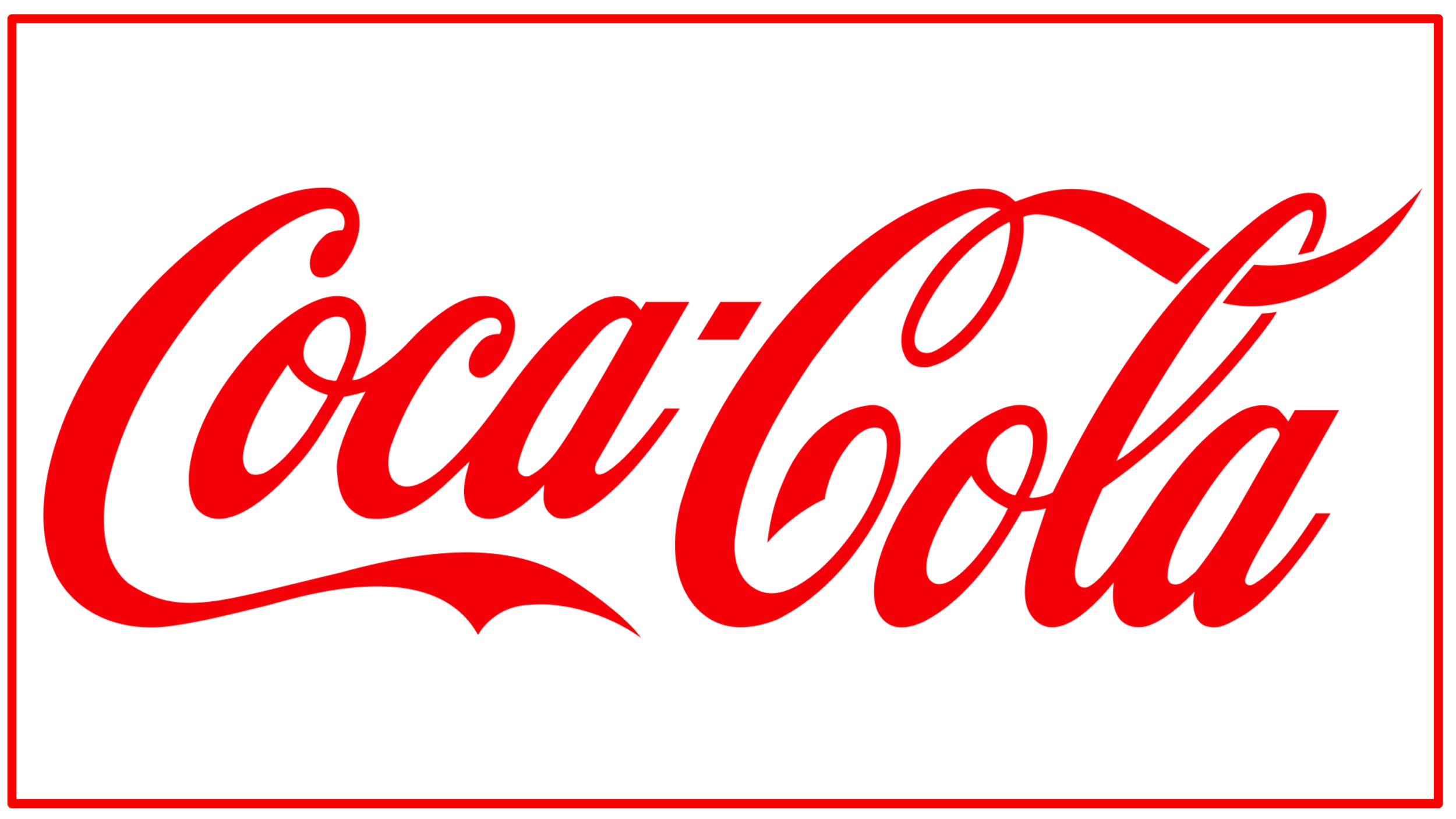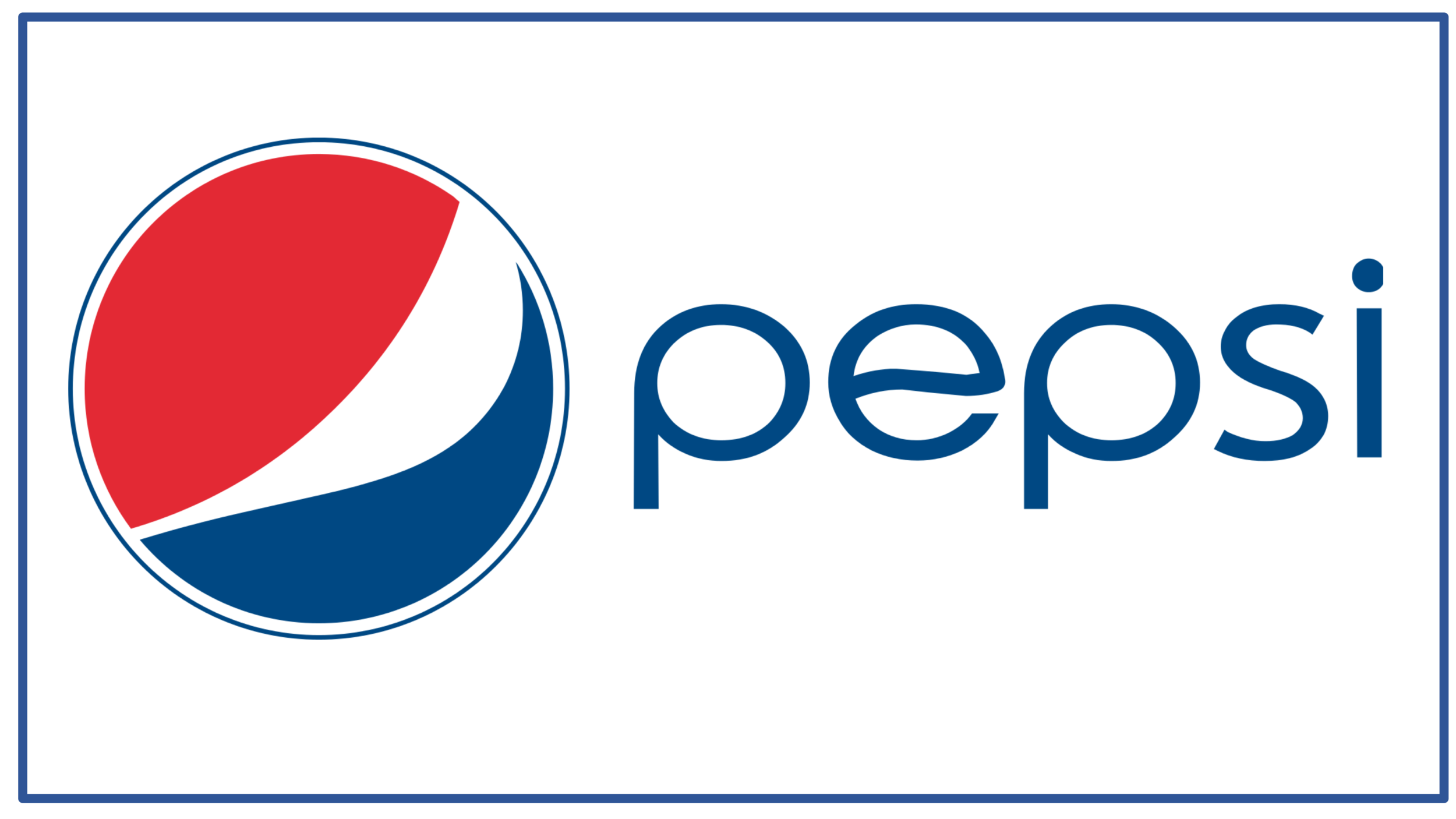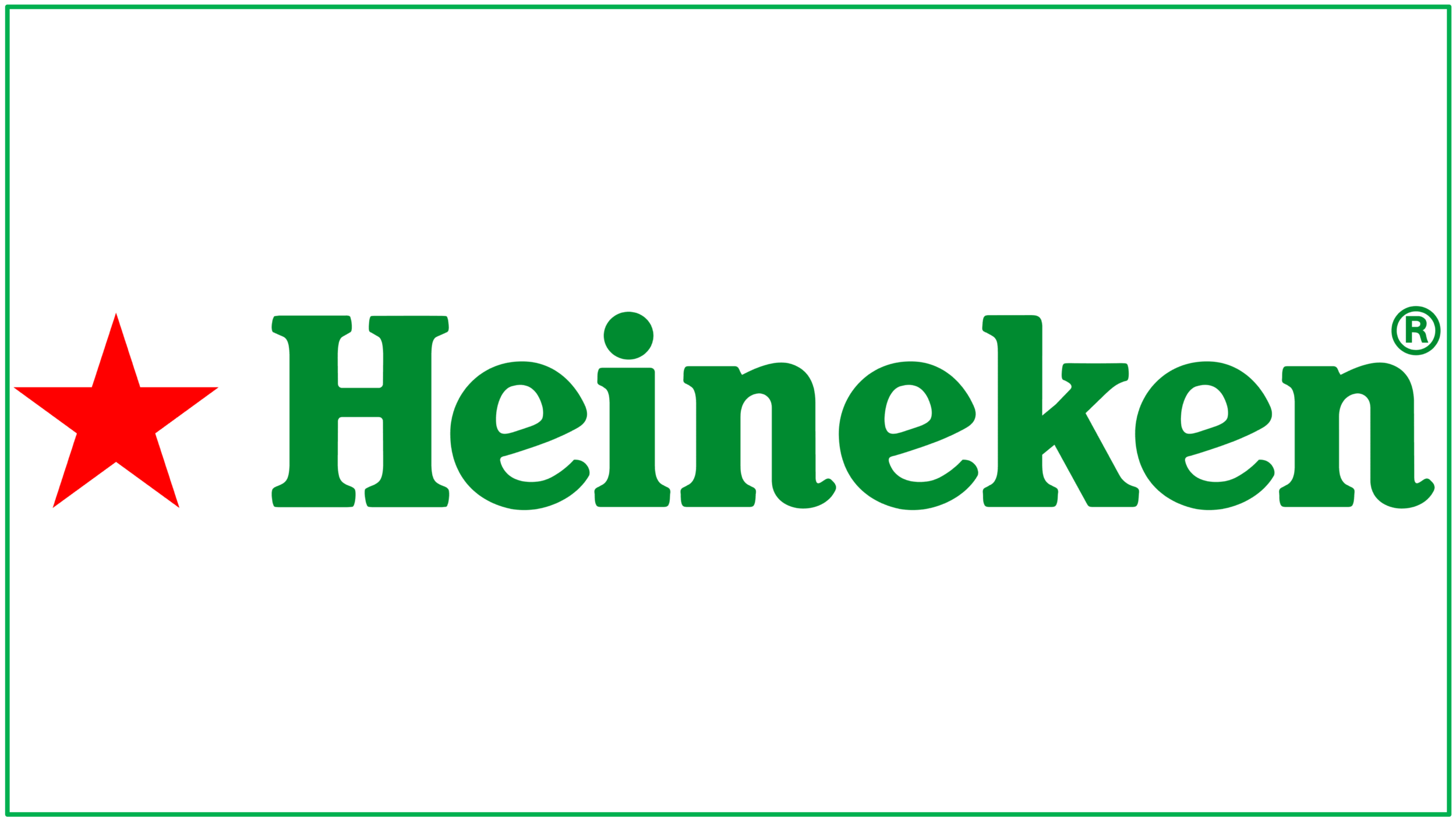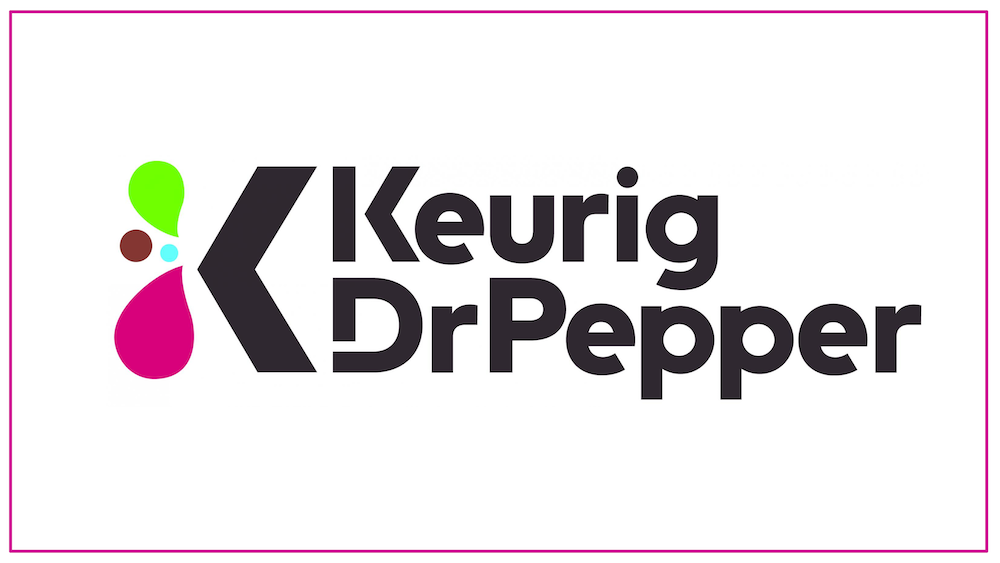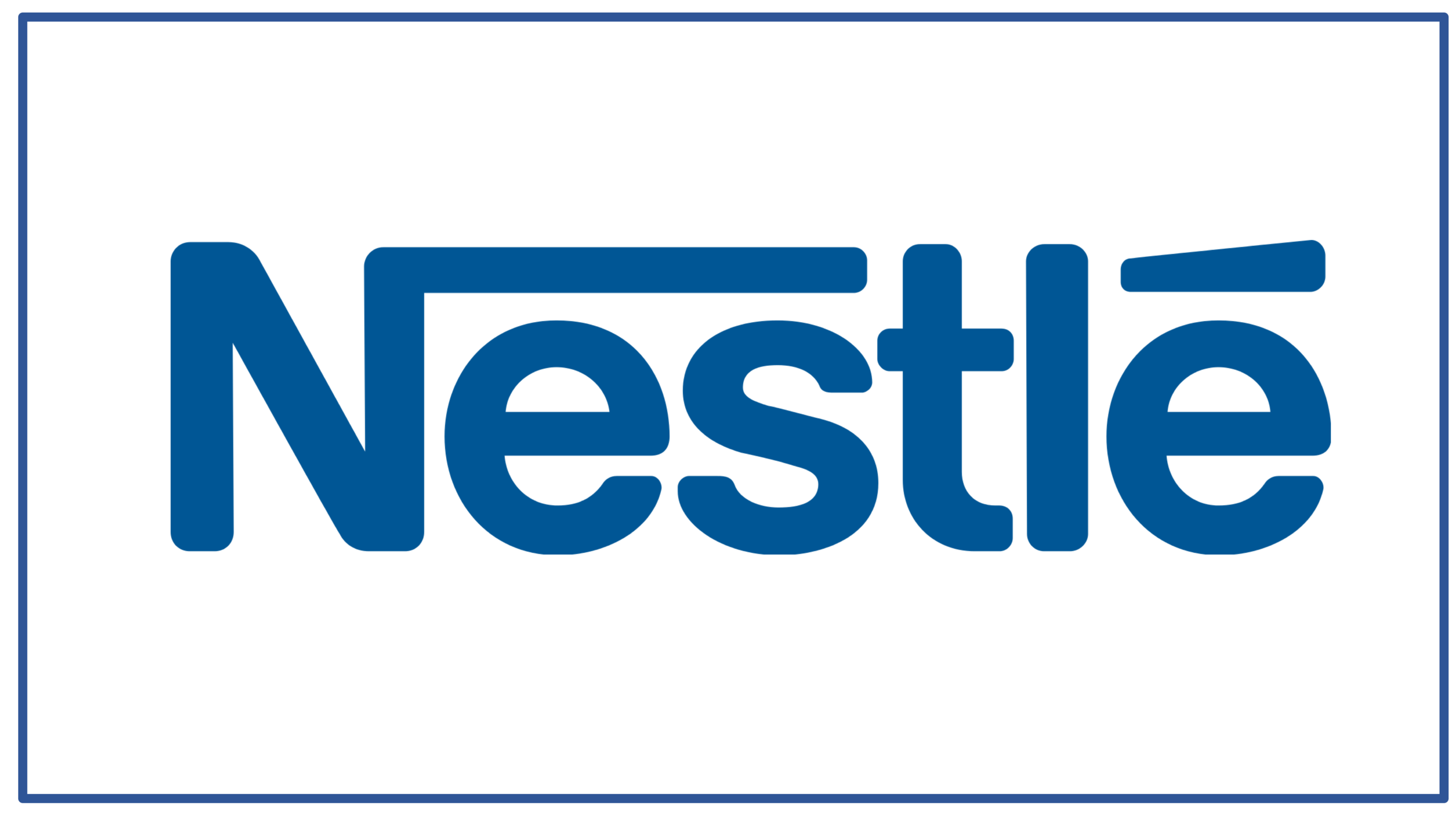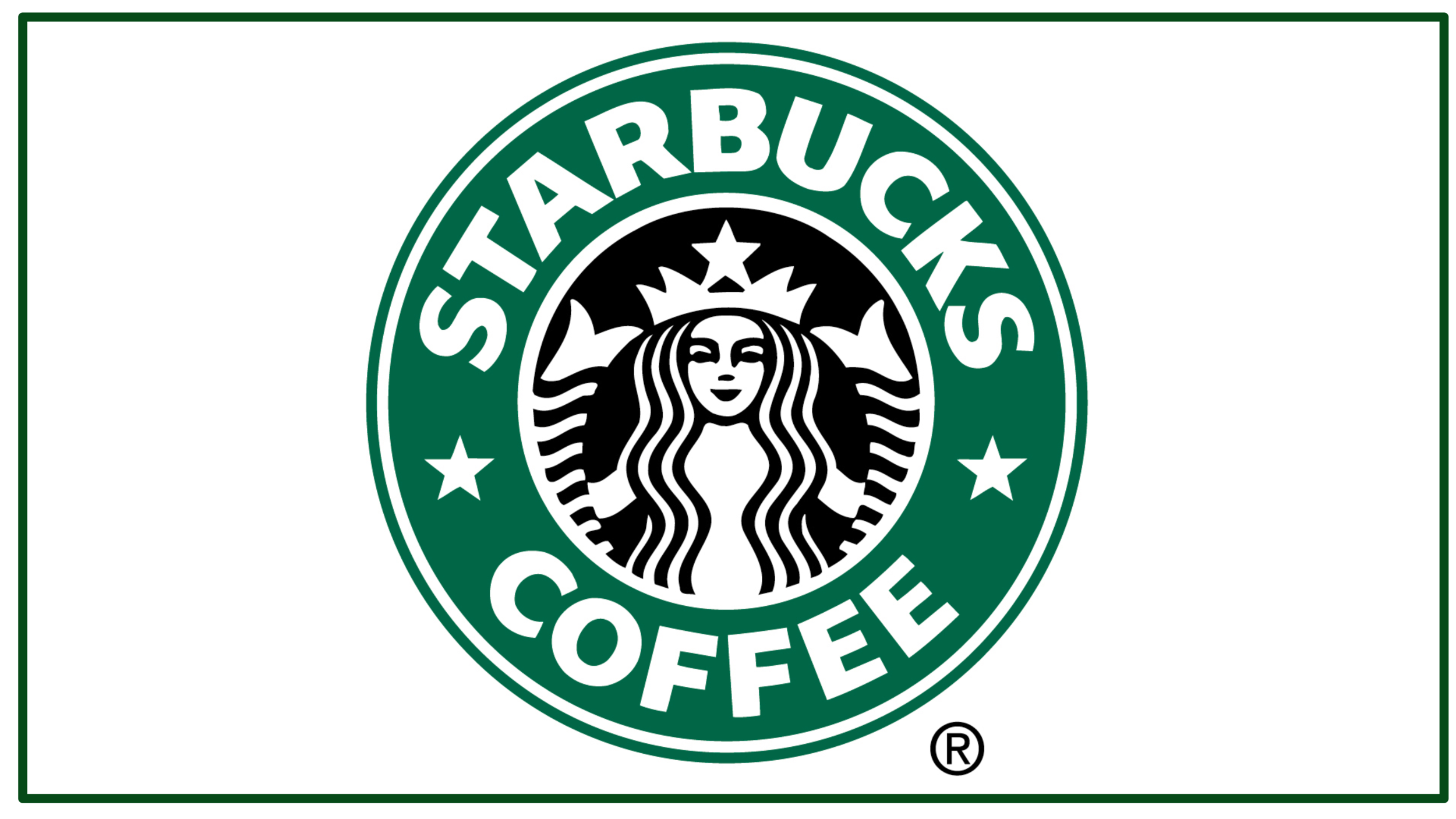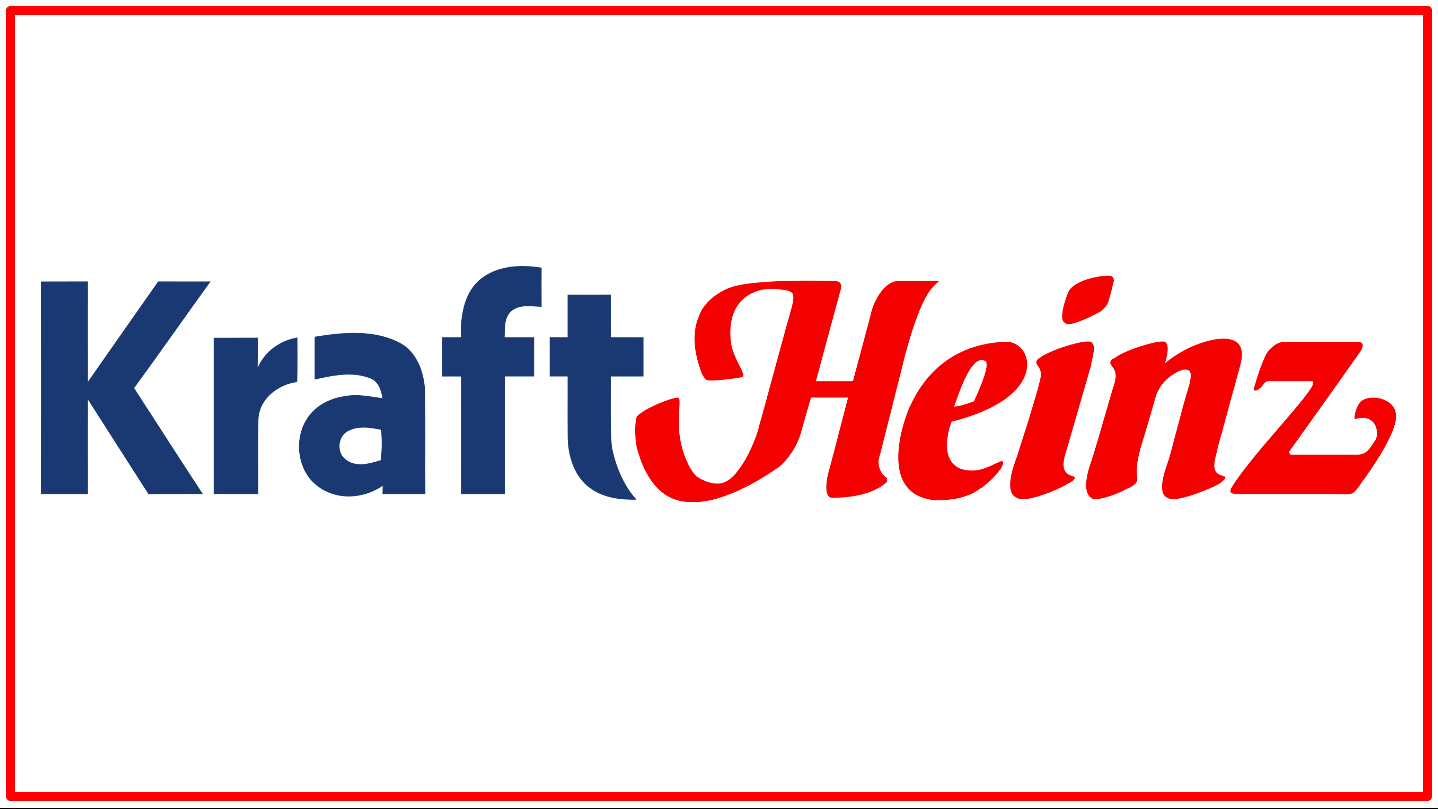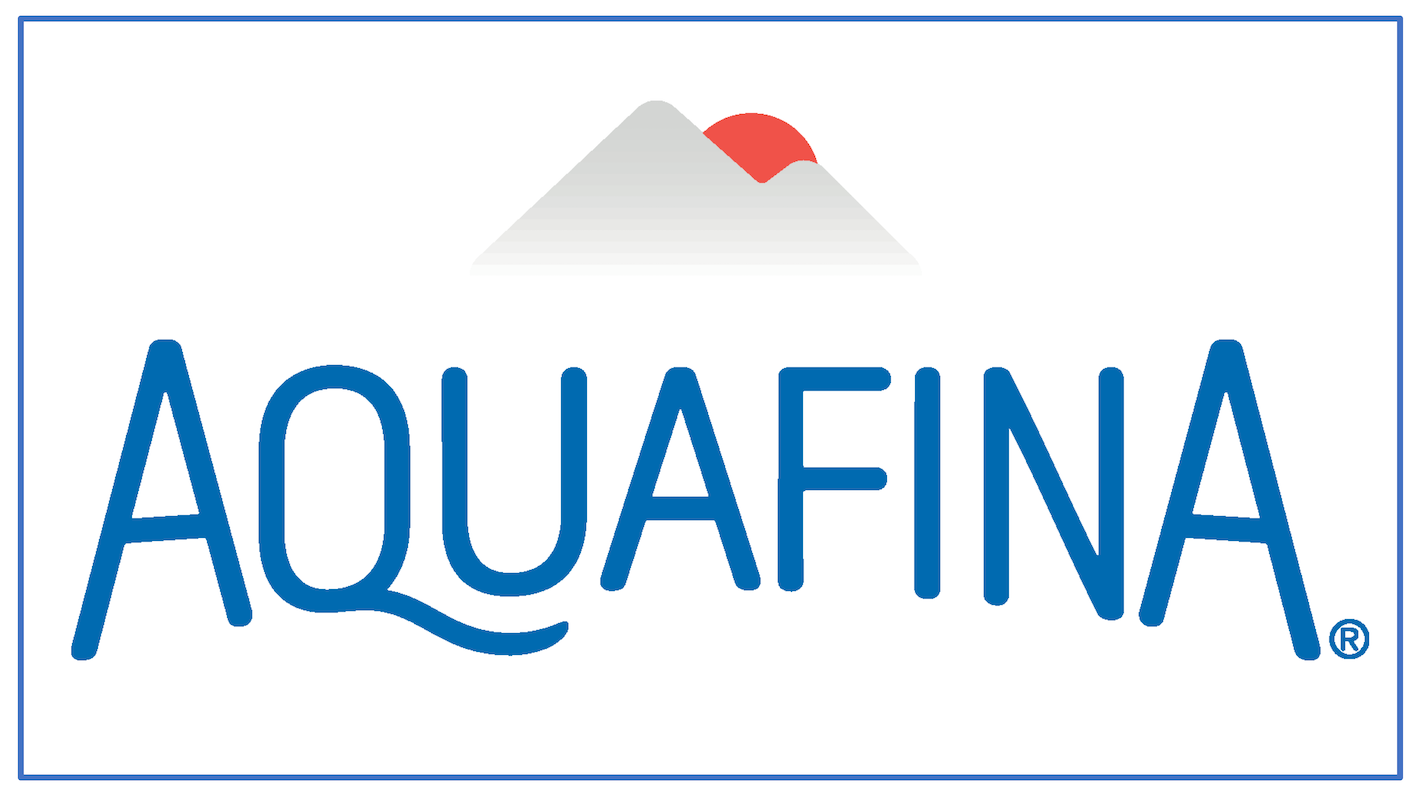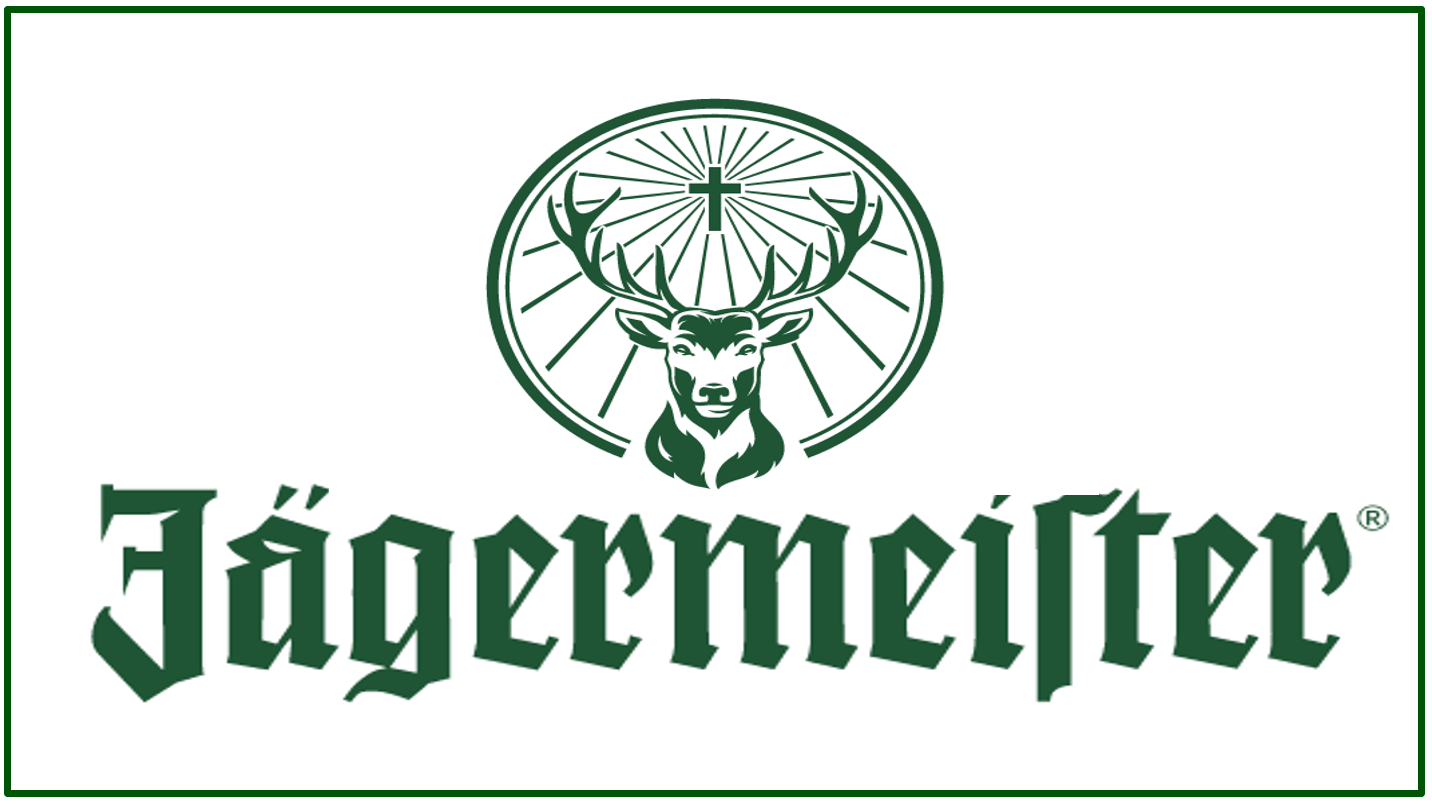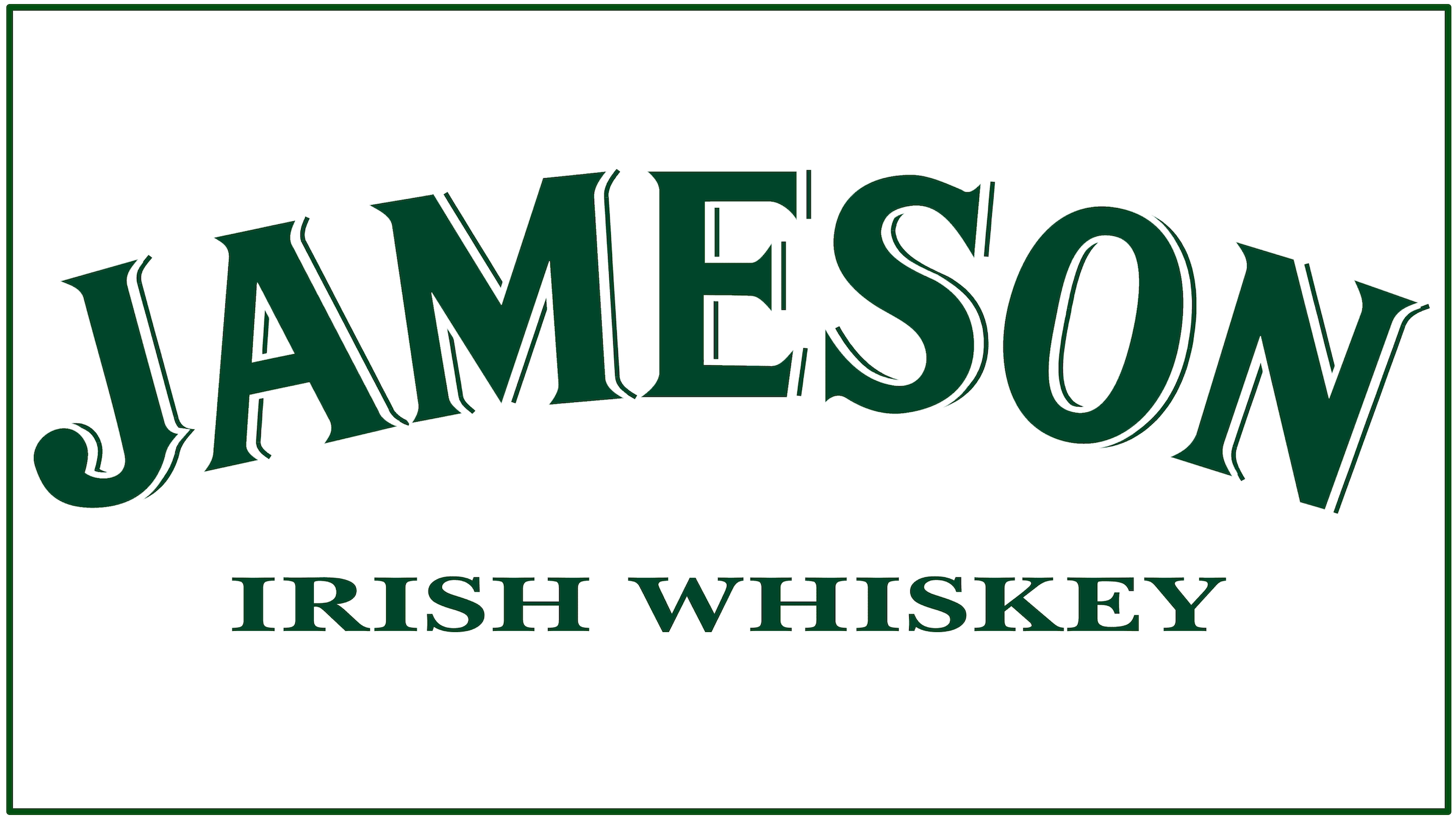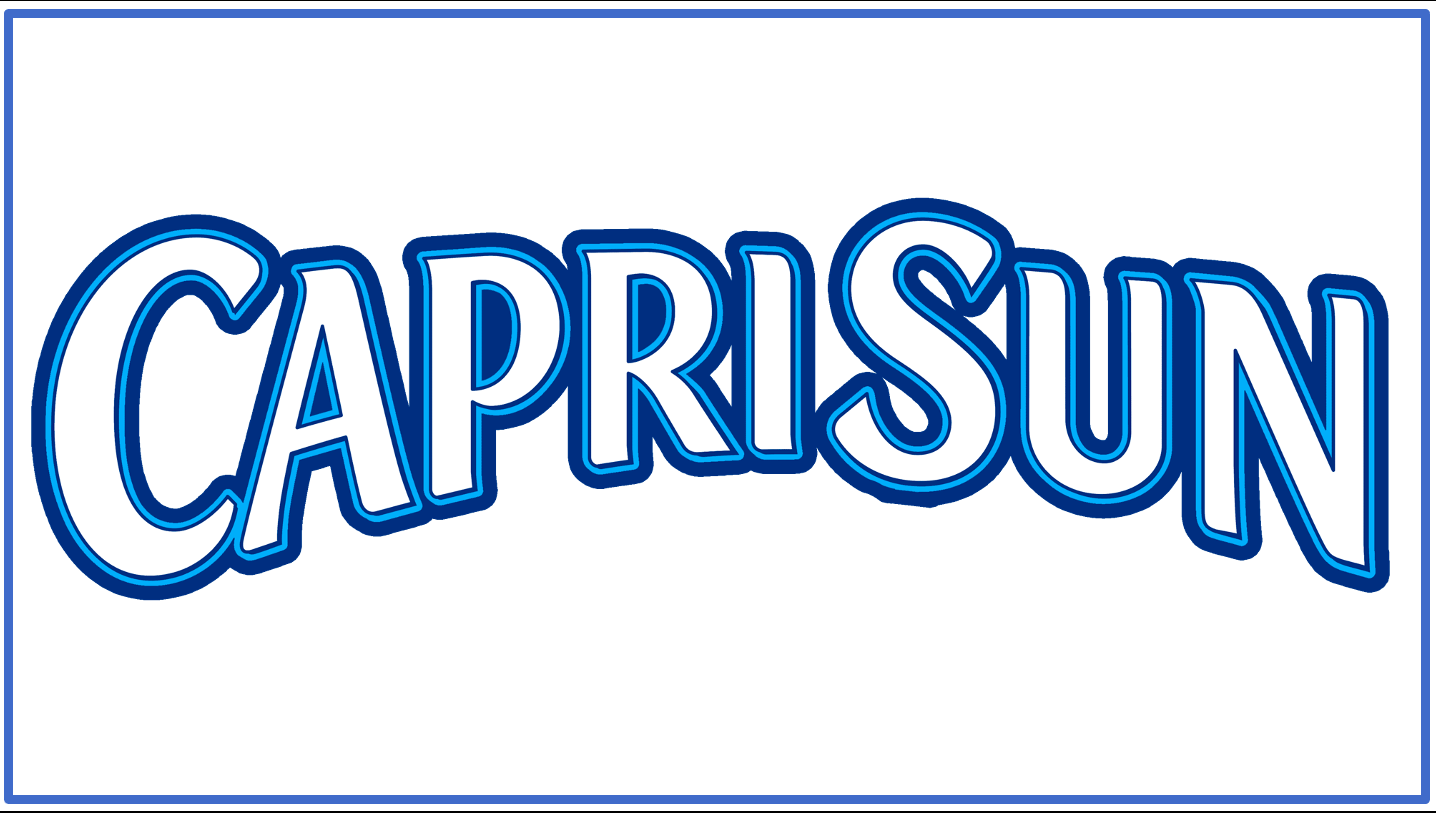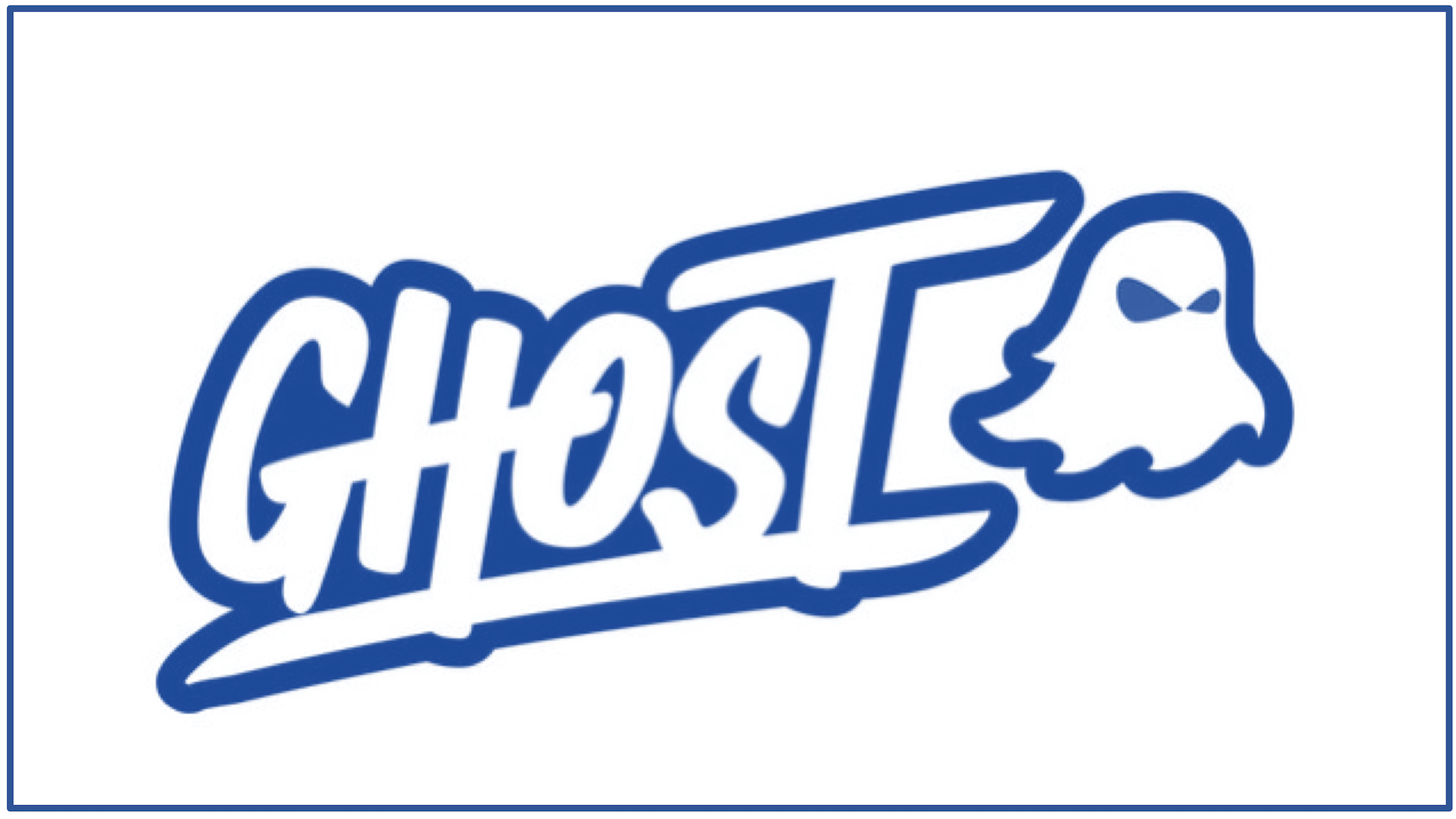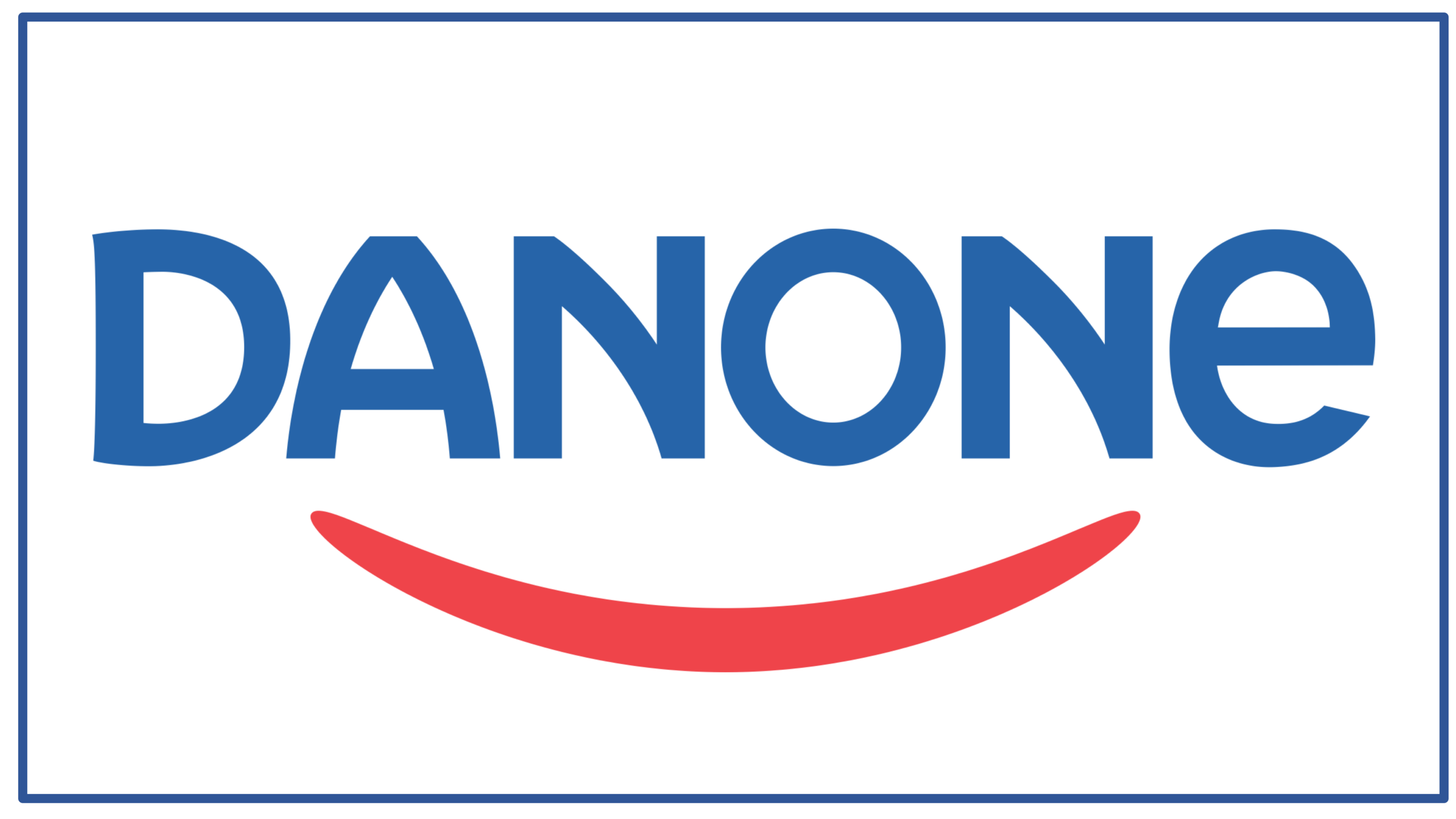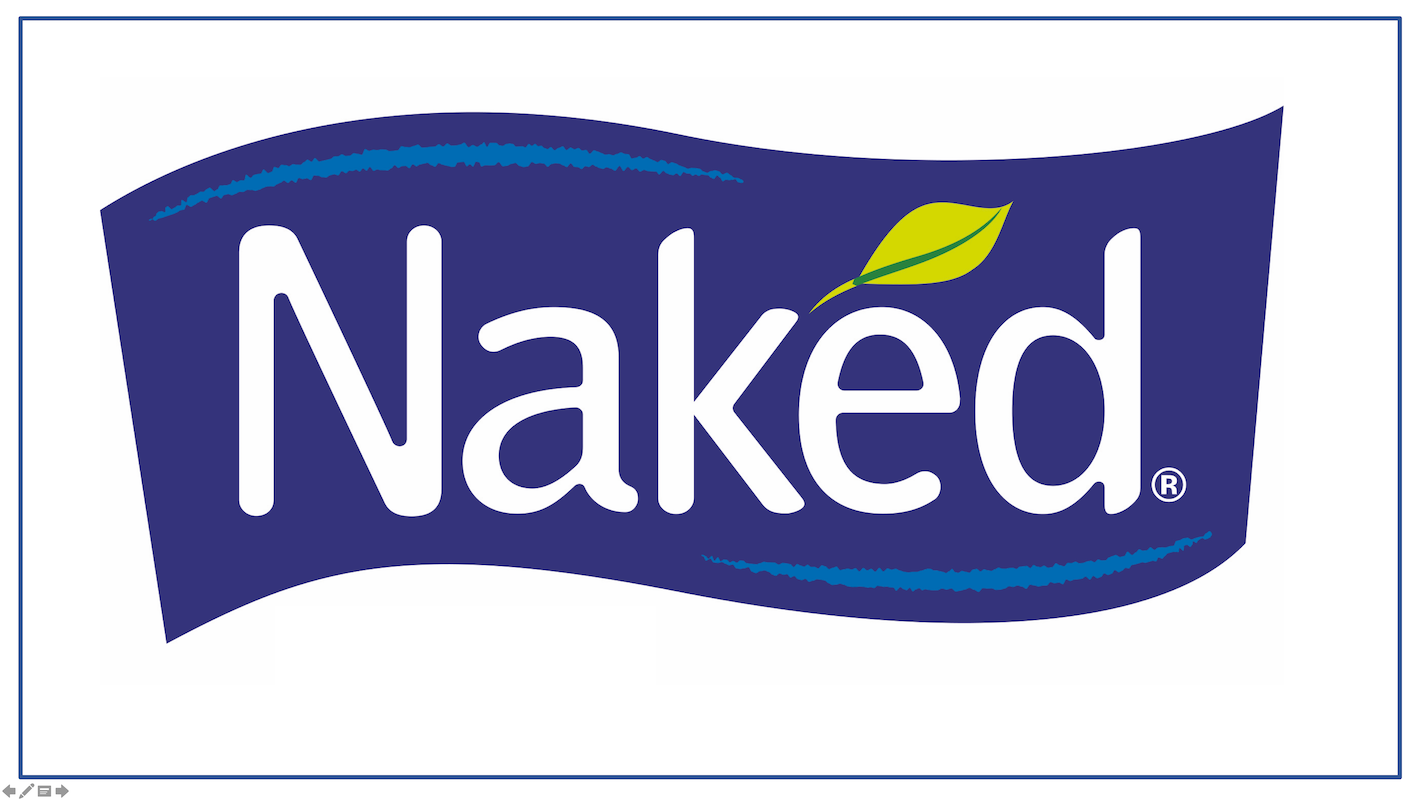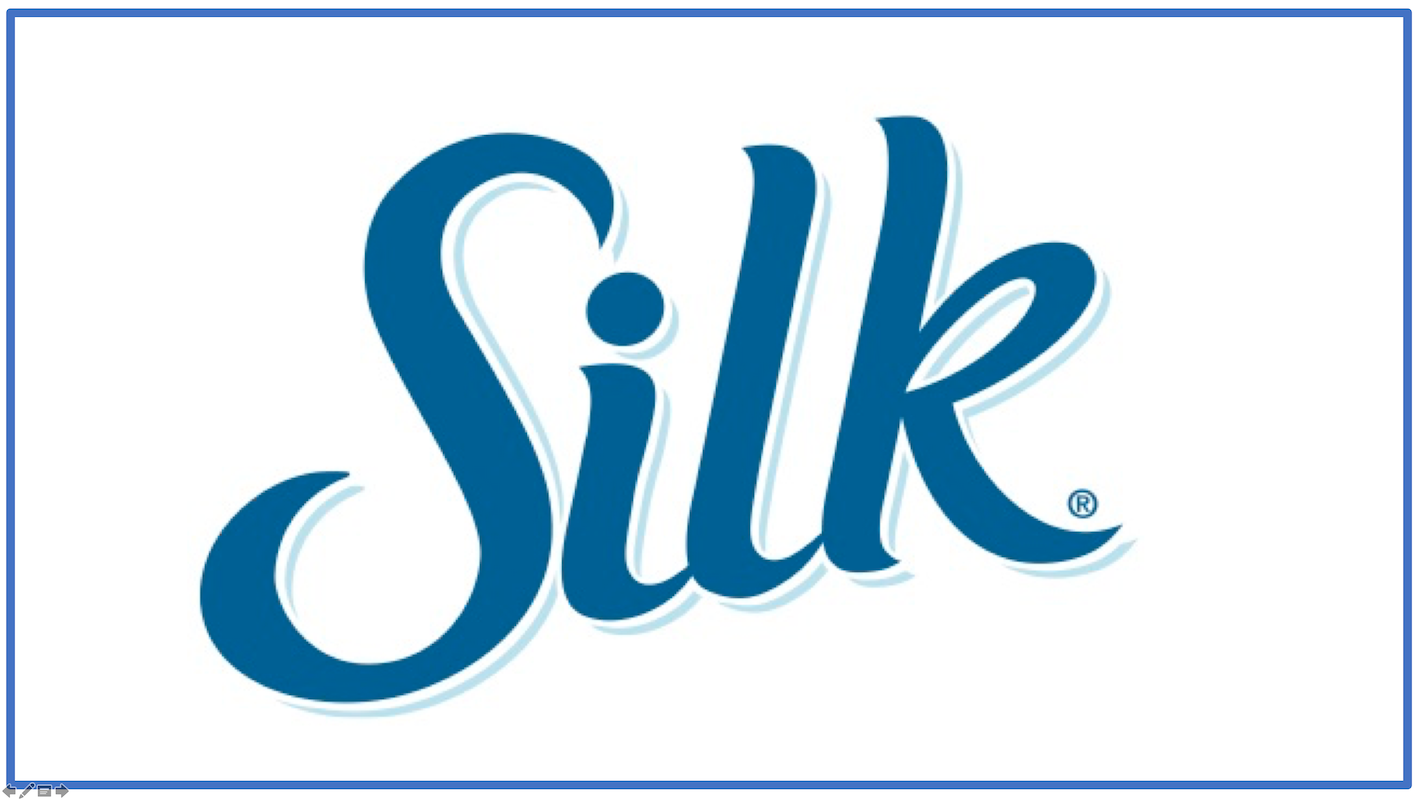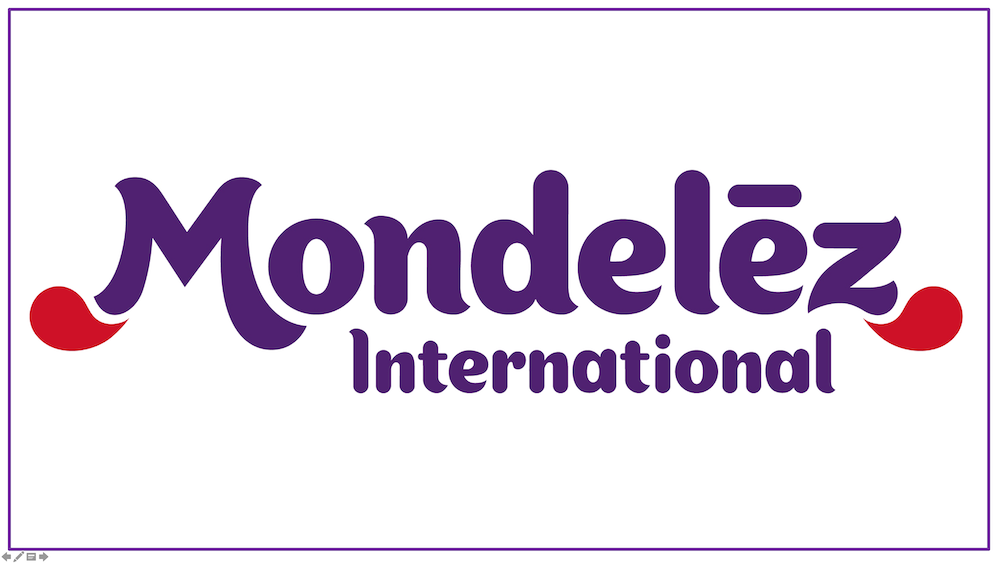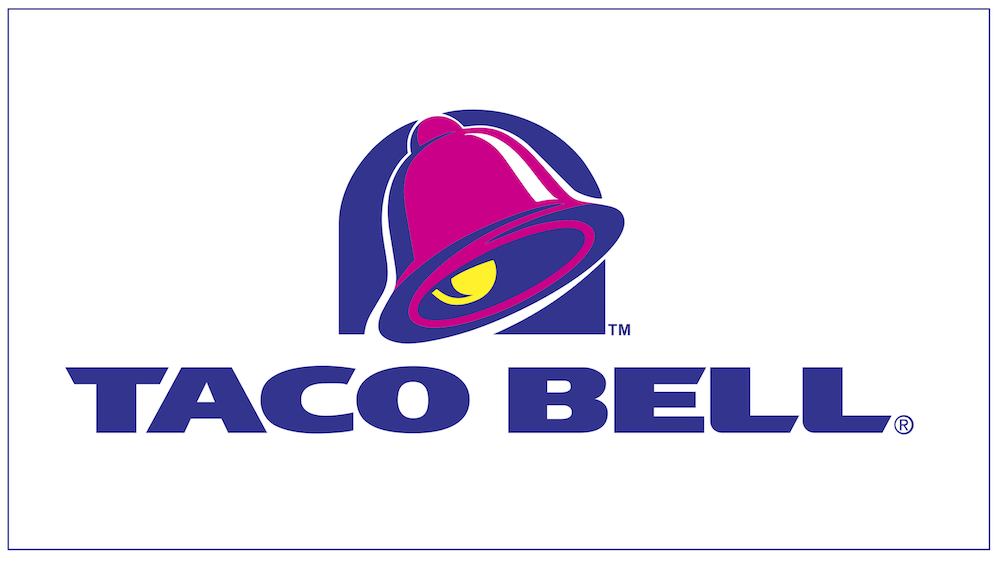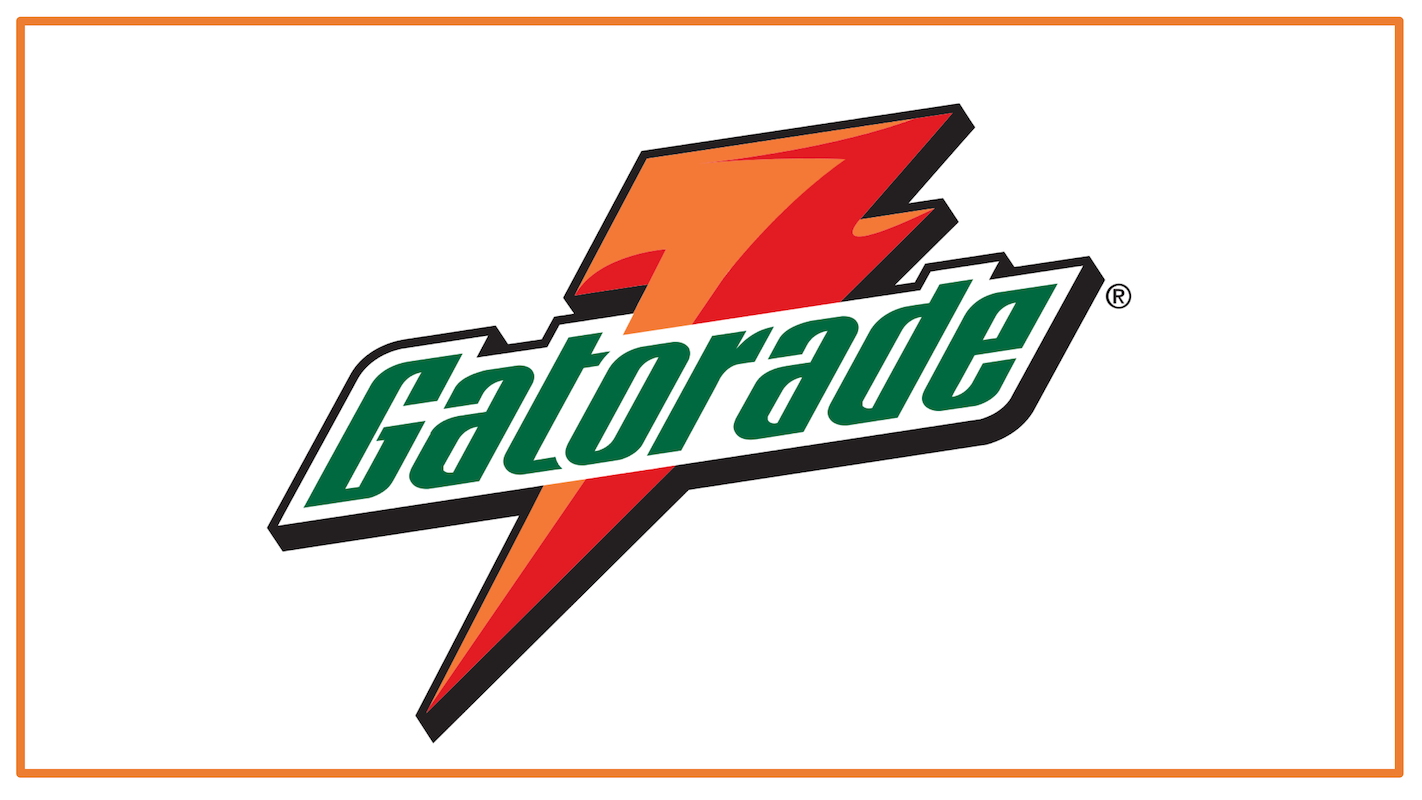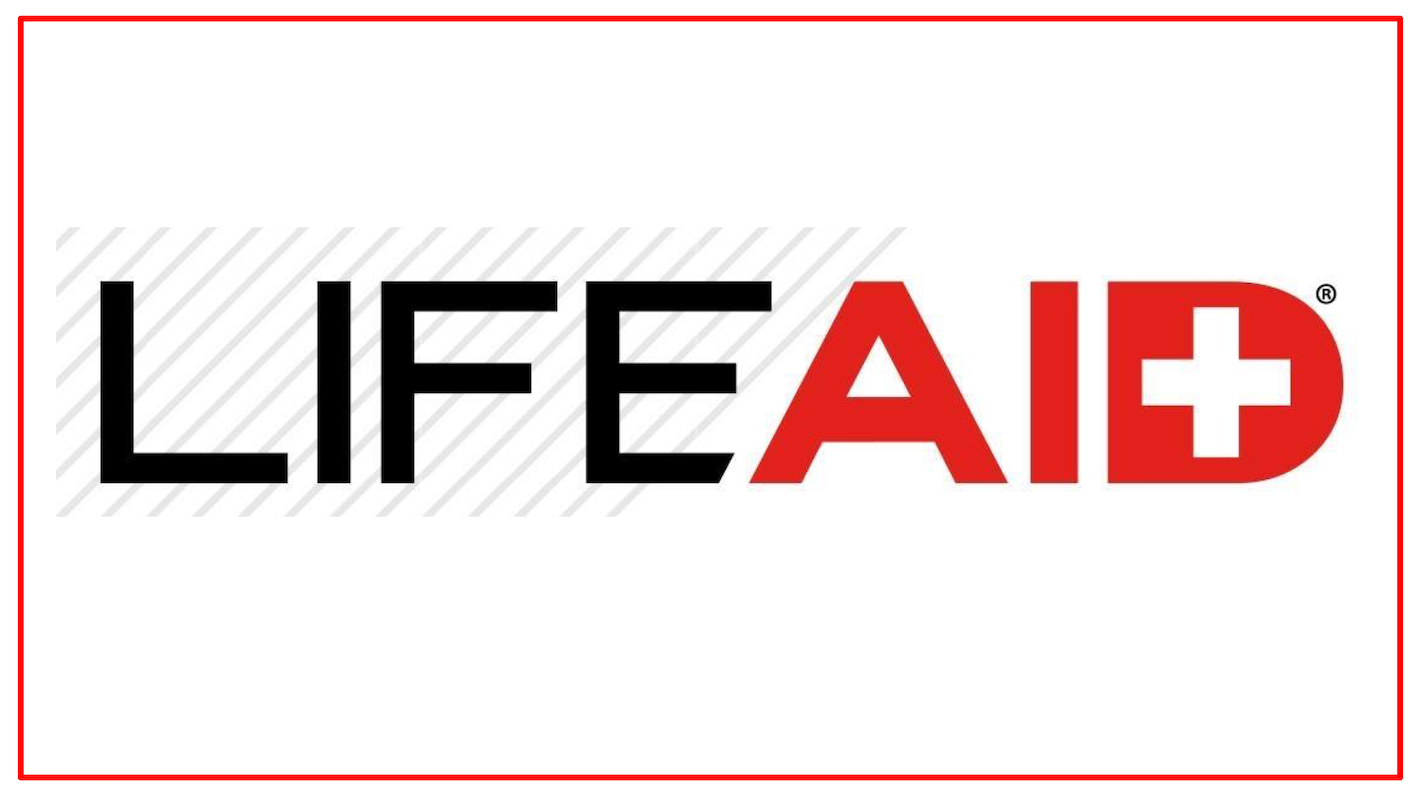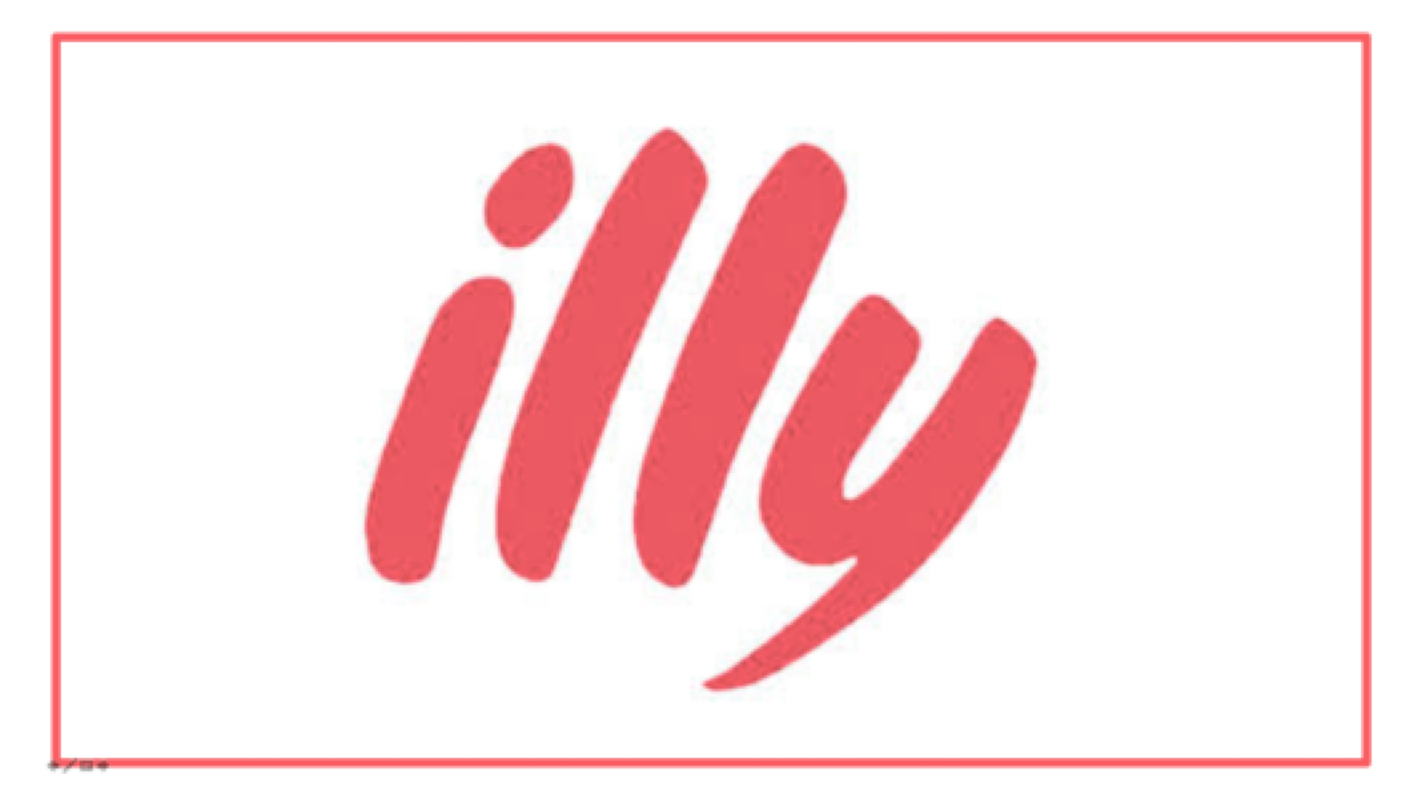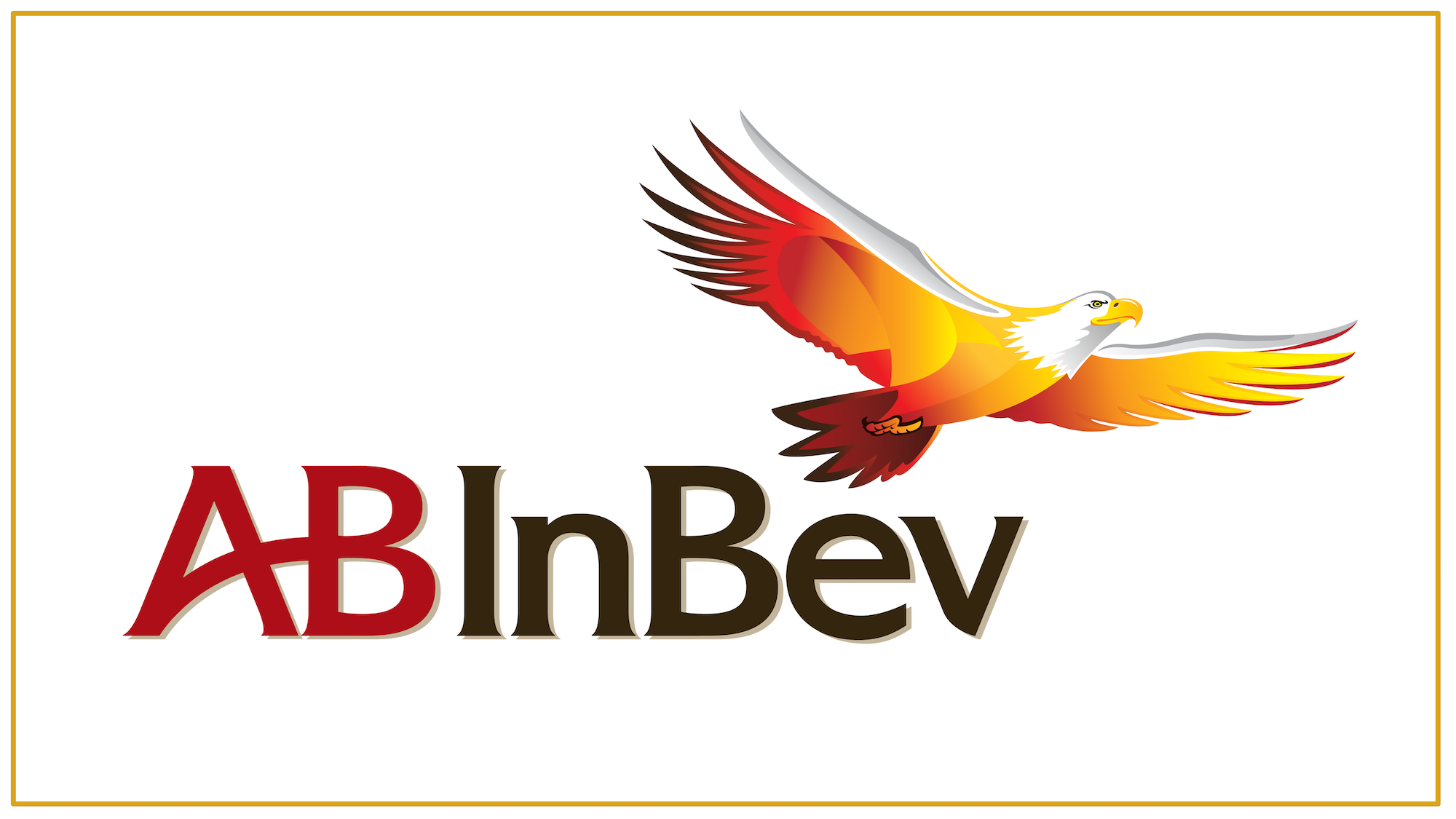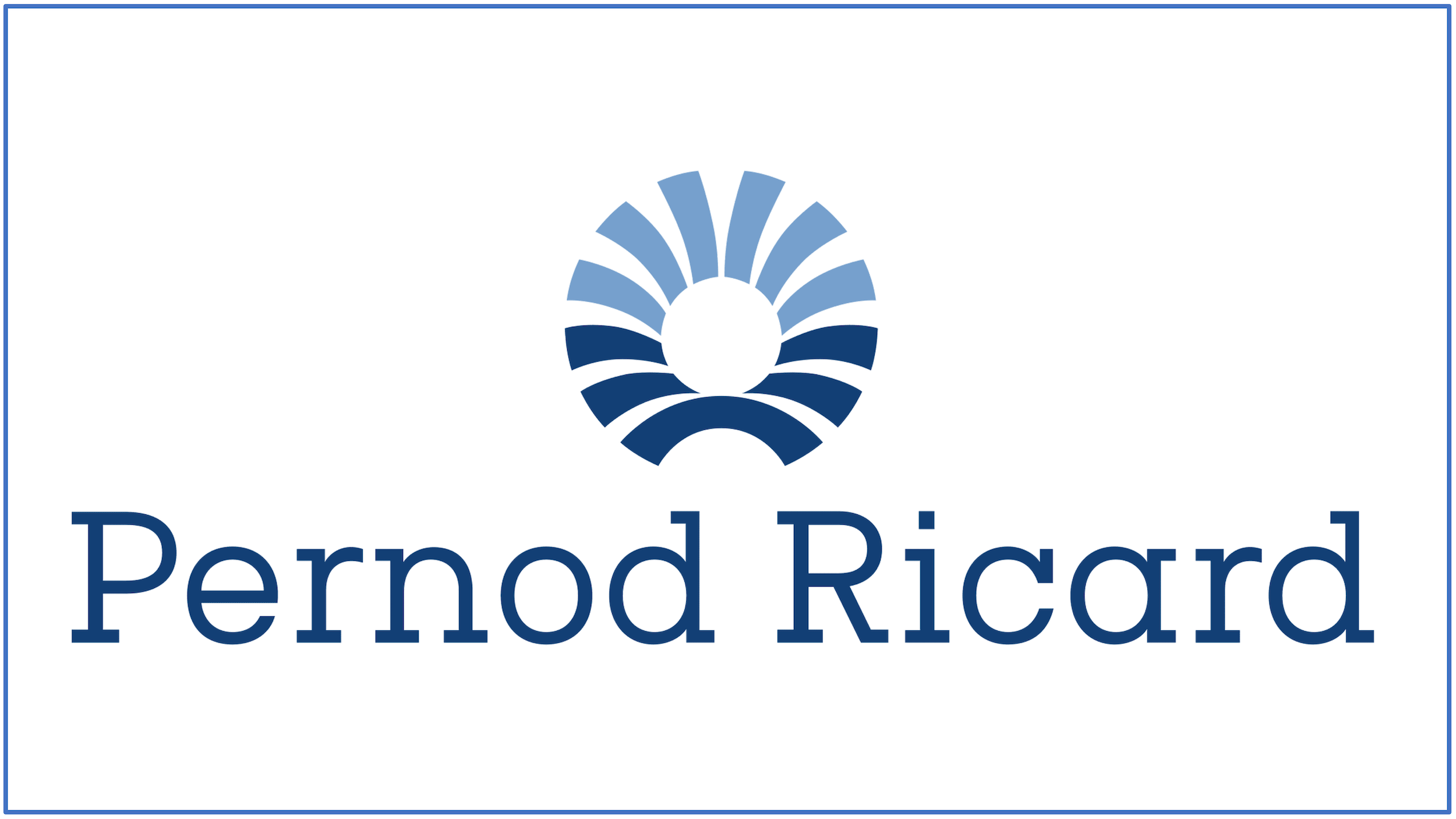


Our Beverage Marketing firm Specializes in startups
No Great beverage brand has ever been built without an great marketing program!
Our Beverage Marketing firm Specializes in startups
No Great beverage brand has ever been built without an great marketing program!
Are You Just getting Started With your New beverage brand? Not sure exactly sure how beverage marketing and sales work?
We are beverage marketing experts, we help you develop your brand, products and a marketing strategy for your new drinks. Power Brands will support your product launch!
Here's how we can support you:
Comprehensive Beverage Development:
Our award-winning team collaborates with you to refine your concept, ensuring it aligns with current market trends and consumer preferences.
We assist in formulating your beverage, designing packaging, and managing production to create a product that resonates with your target audience.
Strategic Beverage Marketing:
We develop tailored marketing strategies that highlight your beverage's unique qualities, ensuring it captures consumer attention in a crowded market.
Our insights into consumer behavior and market dynamics enable us to position your brand effectively.
Expert Product Launch Support:
From initial concept to market entry, we guide you through every step of the product launch process.
Our experience ensures a seamless introduction of your beverage to the market, maximizing its potential for success.
Partner with Power Brands to navigate the complexities of the beverage industry and achieve your brand's full potential.
Contact us today to start your journey toward a successful beverage launch >
Beverage Marketing: The Cornerstone of Success for Any Beverage Company
Importance of Marketing in the Beverage Industry:
Even with exceptional products, sound business practices, and ethical standards, a beverage company is unlikely to succeed without a brilliant marketing strategy.
A well-crafted marketing plan is essential to thrive in the highly competitive beverage market.
Challenges in the Beverage Industry:
The beverage market is crowded with thousands of established brands, some with over a century of presence in consumer households.
Even innovative and high-quality products face significant competition.
Foundation of a Beverage Marketing Plan:
Start with the Product: Define the key characteristics that form the brand's identity.
Understand the Target Audience: Identify and deeply understand the core consumer base to create focused and effective marketing strategies.
Example of Target Market Analysis:
Diet Drinks: Primarily marketed to women aged 16–35, as this demographic consumes the most diet beverages.
Broader Appeal: While other groups may also consume these products, the primary marketing focus should be on the largest and most relevant demographic.
Key Takeaway:
A beverage company must build its marketing strategy on a strong understanding of the product, the market, and the target audience to achieve long-term success.
We have been marketing beverages for over 20 years. We are one of the world's leading beverage marketing companies.
Request Free Information >
UNPRECEDENTED CHANGE IN THE BEVERAGE INDUSTRY
As we progress into 2025, the beverage industry is experiencing significant shifts driven by evolving consumer preferences and market dynamics.
Large, established beverage companies are witnessing a decline in their core brands, while smaller, innovative companies are capturing market share by creating authentic and relevant beverage offerings. This trend is expected to continue, emphasizing the need for new and exciting brands that typically are developed and launched by entrepreneurs.
Key Trends Influencing the Beverage Industry in 2025:
Health and Wellness Focus:
Consumers are increasingly seeking healthier beverage options, leading to a rise in functional waters, low-sugar drinks, and beverages infused with vitamins and minerals.
The demand for non-alcoholic and low-alcohol beverages is growing, driven by health-conscious consumers and the sober-curious movement.
Innovative Flavors and Formats:
There is a surge in popularity for beverages featuring global-inspired flavors, such as tropical fruits and international spices like turmeric and star anise.
Customization is key, with products offering customizable elements, like flavor cartridges, providing consumers with personalized beverage experiences.
Sustainability and Ethical Sourcing:
Consumers prefer brands that demonstrate environmental responsibility, leading to increased demand for sustainably sourced ingredients and eco-friendly packaging.
Transparency in sourcing and production processes is becoming a significant factor in consumer purchasing decisions.
Technological Integration:
The use of artificial intelligence and data analytics is enhancing product development and personalized marketing strategies.
Smart packaging solutions, such as QR codes providing product information and interactive experiences, are gaining traction.
Experiential and Nostalgic Offerings:
Beverage companies are creating immersive experiences tied to events and holidays, enhancing consumer engagement.
Nostalgic flavors and retro-inspired beverages are making a comeback, appealing to consumers' desire for comfort and familiarity.
Impact on Large Beverage Companies:
Established beverage companies are facing challenges as consumers gravitate towards smaller brands perceived as more authentic and aligned with current trends. To remain competitive, these companies are:
Diversifying Product Portfolios:
Investing in or acquiring smaller, innovative brands to quickly adapt to market changes.
Developing new products that align with health, wellness, and sustainability trends.
Revitalizing legacy brands to resonate with modern consumers through transparent marketing and updated brand narratives.
Engaging in corporate social responsibility initiatives to build trust and loyalty.
Utilizing data analytics to understand consumer preferences and tailor marketing efforts effectively.
Implementing innovative technologies in production and packaging to improve efficiency and appeal to tech-savvy consumers.
The beverage industry in 2025 is characterized by a shift towards health-conscious, sustainable, and personalized products. Smaller companies are leading with innovative and authentic offerings, while larger companies must strategically adapt to these trends to maintain their market position. Request a Free Consultation with a beverage industry expert >

Beverage Marketing
Beverage Marketing
Great beverage marketing plans start with fully understanding your customer's needs and habits! Power Brands Insight teams can help you understand consumers and the market.
Think it, Develop it, Produce it
〰️
Think it, Develop it, Produce it 〰️
Why Consumer Insights Matter in Beverage Marketing
When launching or growing a beverage brand, understanding your target consumer is the key to maximizing return on investment (ROI). Every dollar spent on a beverage marketing campaign should generate measurable returns. The best beverage marketing firms and beverage marketing companies prioritize data-driven strategies to ensure that marketing budgets are spent effectively, reaching the right audience and driving sales. Request free information >
Before starting the beverage development process, it’s critical to understand what consumers want—preferred ingredients, ideal packaging sizes, colors, and flavors. Successful beverage marketing goes beyond product development; it includes concept creation, branding, retail positioning, promotional campaigns, advertising strategies, and distribution tactics. At Power Brands, we specialize in beverage marketing, development, and sales strategies that help brands thrive in competitive markets. Whether you’re launching a new product or scaling an existing brand, our team of industry experts is here to guide you.

